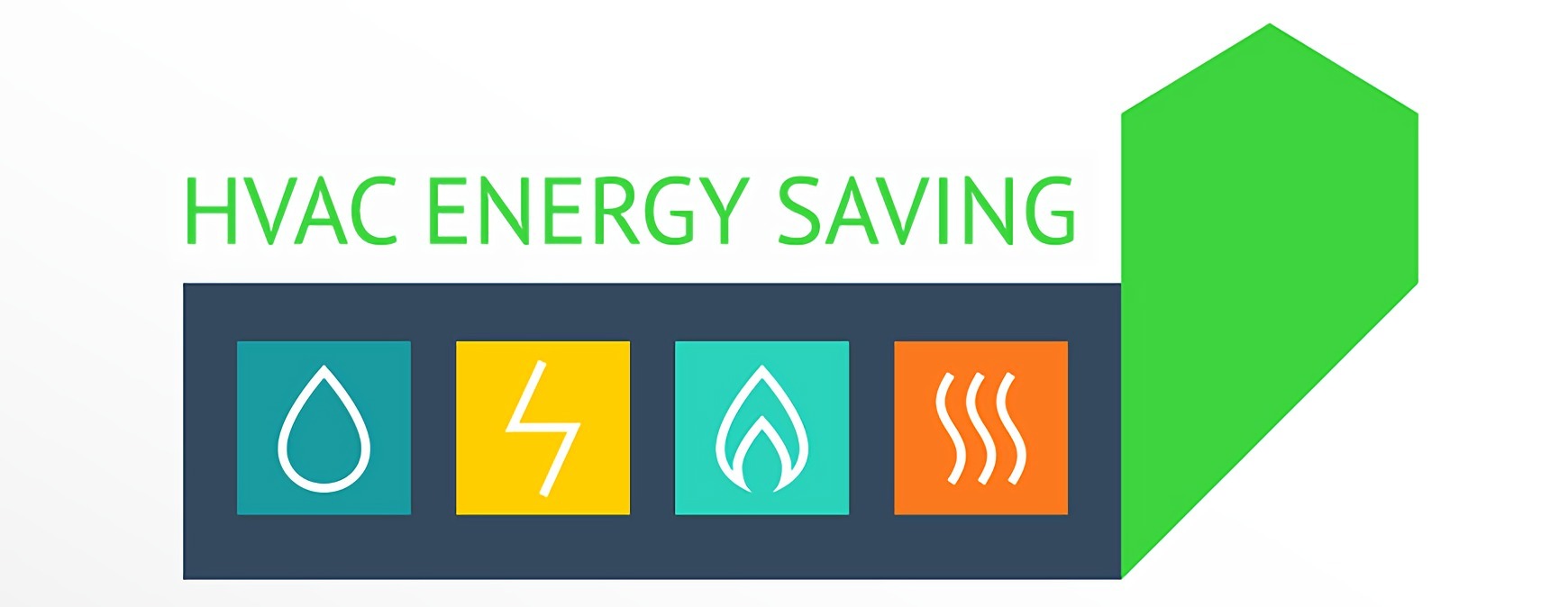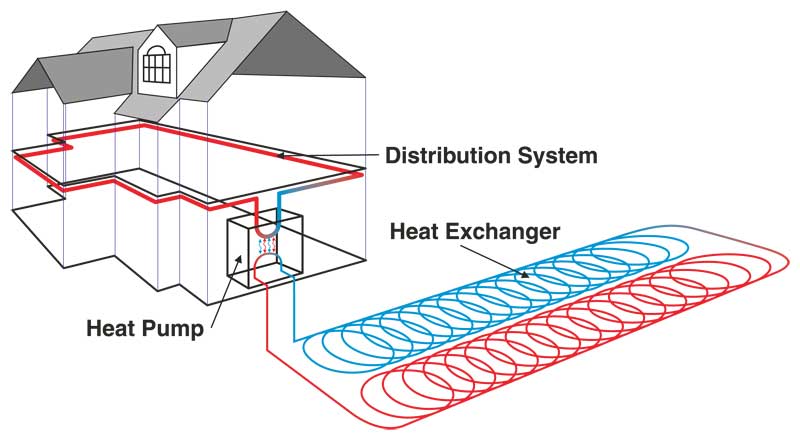
Unlocking Energy Savings with Efficient HVAC Practices
Heating, ventilation, and air conditioning (HVAC) systems are vital for maintaining comfortable indoor environments, but they can also account for a significant portion of energy consumption. Implementing energy-efficient HVAC practices is not only environmentally friendly but also economically beneficial. Let’s explore key strategies to unlock energy savings and enhance the performance of your HVAC system.
Investing in High-Efficiency HVAC Systems
The foundation of HVAC energy savings lies in the initial investment in high-efficiency systems. Modern HVAC technologies offer energy-efficient options that consume less power while delivering optimal performance. Upgrading to a high-efficiency HVAC system is a strategic move to reduce energy consumption and lower utility bills over time.
Regular Maintenance for Peak Performance
Maintaining your HVAC system is a crucial step in ensuring it operates at its peak efficiency. Regular inspections, cleaning, and tune-ups by professional technicians prevent issues that can lead to energy waste. Well-maintained systems function smoothly, reducing the workload and energy demands on the equipment.
Smart Thermostats for Precise Temperature Control
Smart thermostats are a key component in achieving HVAC energy savings. These devices allow for precise temperature control, enabling users to schedule heating and cooling based on occupancy patterns. By optimizing temperature settings, smart thermostats contribute to energy efficiency, preventing unnecessary heating or cooling when it’s not needed.
Implementing Zoning Systems
Zoning systems provide customized temperature control for different areas of a building. By dividing spaces into zones with independent temperature controls, HVAC energy savings are realized. Zoning ensures that heating or cooling is directed where needed, avoiding energy waste in unoccupied or rarely used areas.
Sealing and Insulating Ductwork
Leaky or uninsulated ductwork can result in significant energy losses. Sealing and insulating ducts prevent conditioned air from escaping and protect against heat transfer. Properly sealed and insulated ductwork ensures that the air your HVAC system generates reaches its intended destination, optimizing energy efficiency.
Optimizing Ventilation for Air Quality
While focusing on energy savings, it’s essential not to compromise indoor air quality. Proper ventilation is crucial for maintaining a healthy environment. Implementing energy-efficient ventilation systems ensures a continuous supply of fresh air while minimizing the impact on HVAC energy consumption.
Utilizing Energy Recovery Ventilators (ERVs)
Energy Recovery Ventilators (ERVs) are innovative devices that enhance HVAC energy savings. ERVs capture and exchange energy between outgoing and incoming air streams, optimizing efficiency. By recovering energy that would otherwise be lost, ERVs contribute to a more sustainable and energy-efficient HVAC operation.
Upgrading Insulation for Thermal Efficiency
Inefficient insulation allows heat transfer, leading to increased HVAC workload and energy consumption. Upgrading insulation in walls, ceilings, and attics improves thermal efficiency. This ensures that conditioned air is retained longer, reducing the need for constant heating or cooling and promoting significant energy savings.
Embracing Renewable Energy Sources
For a holistic approach to HVAC energy savings, consider incorporating renewable energy sources. Solar panels, for example, can supplement your HVAC system’s power needs, reducing dependence on traditional energy sources. Embracing renewable energy aligns with sustainability goals and further enhances the eco-friendliness of your HVAC operation.
Professional Energy Audits for Optimization
To fine-tune your HVAC energy savings strategies, consider a professional energy audit. Energy auditors assess your entire system, identify inefficiencies, and recommend tailored solutions. This comprehensive approach ensures that you implement the most effective energy-saving measures for your specific circumstances.
Explore HVAC Energy Savings with A10yoob.com
Incorporating these HVAC energy savings strategies into your home or business can lead to substantial cost reductions and environmental benefits. To embark on a journey towards a more energy-efficient HVAC system, visit A10yoob.com. Learn more about optimizing your HVAC system for energy savings and contributing to a greener, more sustainable future.




